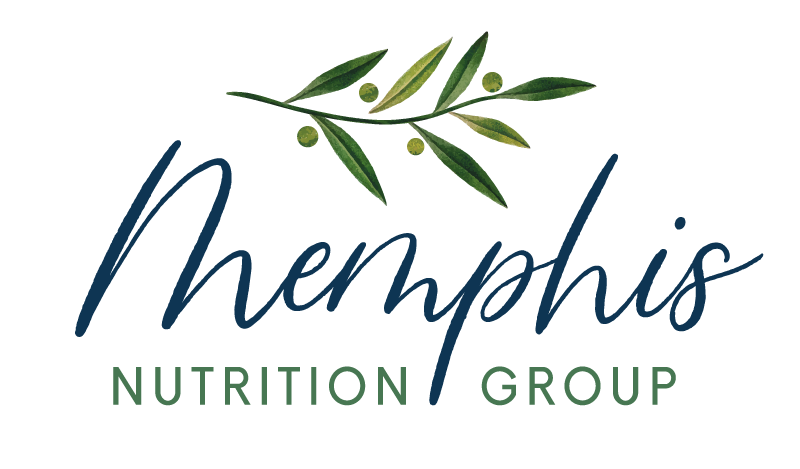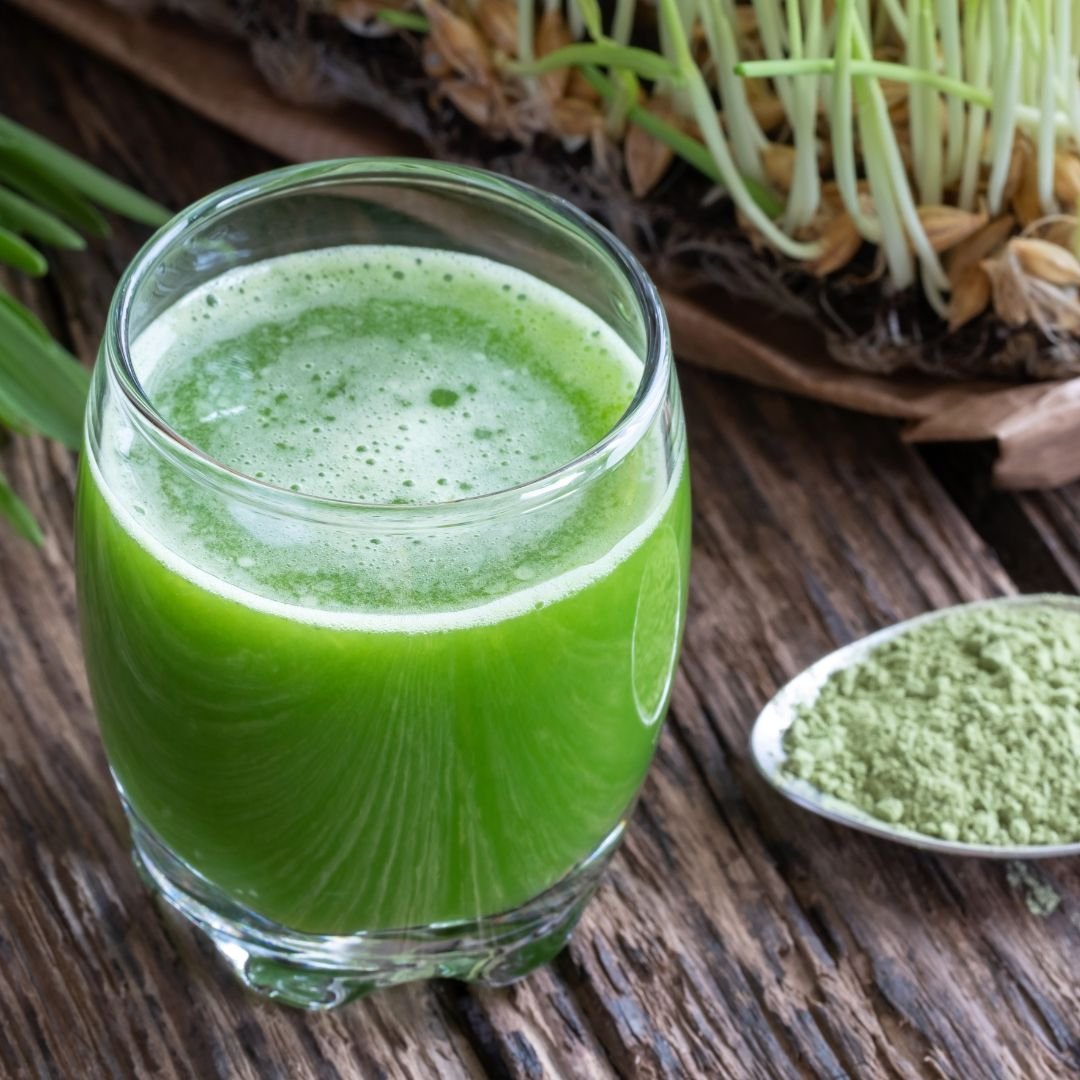Breast Cancer Awareness Month: Debunking the Top 5 Cancer Nutrition Myths
Increased access to information on cancer treatment and risk has given rise to many baseless nutrition guidelines. Weeding through the myths to find evidence-based information on nutrition strategies for reducing cancer risk is important for supporting physical, emotional, and mental health.
5 Common Nutrition Myths on Cancer Risk and Reoccurrence
Myth #1: Sugar feeds cancer.
Fact: To date, no definitive human studies have shown a link between sugar consumption and an increased risk of cancer occurrence. Eliminating and/or restricting sugar before, during, or after cancer treatment does not improve cancer-related outcomes. Glucose (the smallest molecule of sugar that our bodies utilize for energy) is derived from ALL carbohydrate sources, including fruit, bread, grains, and starchy veggies. Eliminating an entire food group to avoid sugar (glucose) subsequently reduces overall nutritional status, leads to excessive cravings, and could influence harmful blood sugar swings.
Takeaway: Avoid restrictive diets aiming to eliminate certain forms of sugar, as it does not improve cancer risk or reoccurrence and could lead to a nutritional deficiency and influence cravings.
Myth #2: Eating red meat or processed meat causes cancer.
Fact: Research that associates red and processed meat with increased cancer risk is typically observational data, which is research that observes correlation NOT causation. As a result, observational data should be interpreted both with caution and nuance as it fails to account for other variables that could be influencing the results shown. Many studies showed no clear association between processed and red meat and increased cancer risk. Additionally, much of the research showing that nitrates (preservatives found in processed meat such as deli meat, bacon, or hot dogs) may contribute to increased cancer risk is conducted in labs rather than on actual human consumption. Red meat has many nutritional benefits, including providing a high concentration of heme (easily absorbed) iron and serves as an excellent protein source.
Takeaway: No one specific food or nutrient has been shown to significantly increase or reduce overall cancer risk. Rather than fearing or avoiding red or processed meats, enjoy both in moderation as a part of a well-balanced diet.
Myth #3: People in larger bodies have a higher risk of cancer.
Fact: Again, observational research showing a link between living in a larger body and experiencing an increased risk of certain types of cancer is correlational and cannot show causation. Correlational data often misses other confounding variables such as “yo-yo dieting,” otherwise known as “weight-cycling” (the process of losing and then re-gaining weight frequently over time when engaging in dieting for the purpose of weight loss). Weight cycling has been associated with increased cortisol and other markers of inflammation, INCLUDING increased cancer risk! There is always nuance and many contextual factors/confounding variables when conducting observational data, and caution should be used when interpreting results.
Takeaway: Instead of pursuing short-term and restrictive diets for the purpose of weight loss, move toward sustainable, nourishing habits such as listening to hunger and fullness cues, eating consistently (and adequately!) throughout the day, and engaging in mindful, enjoyable movement.
Myth #4: Soy increases the risk of breast cancer.
Fact: Moderate amounts of soy have not been linked to increased cancer risk or an increase in estrogen levels. Women with a personal or family history of breast cancer may be particularly fearful of including soy products as a part of their usual eating patterns; however, soy can be a very nourishing and enjoyable part of your daily intake! Soy products contain a wonderful source of both plant-based protein and fiber, and fortified soy milk and yogurt contain vitamin D and calcium. Soy milk and yogurt can be an excellent alternative to dairy products for those with lactose intolerance or milk allergies.
Takeaway: No research to date has shown a link between moderate soy intake and increased estrogen-related cancer risk. Soy products are nutrient-dense and can be safely enjoyed as a part of your daily intake!
Myth #5: Eating mostly raw fruits and veggies or engaging in juice cleanses can prevent and/or cure cancer.
Fact: Some nutrients are lost in the cooking or heating process while some are more easily absorbed after the cooking process. Eating only raw fruits and veggies, engaging in juice cleanses, or using “detox” cleanses can lead to harmful nutritional outcomes including iron deficiency, loss of muscle mass from inadequate protein intake, excessive OR inadequate fiber intake, reduced fat-soluble vitamin absorption from inadequate fat intake, and/or excessive carb intake in the form of fruit and veggie juices. Rapid weight loss resulting from inadequate energy intake has been linked to worse outcomes during cancer treatment and recovery, and the risk of undernutrition from extreme and restrictive diets FAR outweighs any potential benefits.
Takeaway: Avoid restrictive eating patterns that eliminate or significantly reduce entire food groups. Raw food diets, juicing, and “cleanses” have not been shown to decrease cancer risk and can in fact worsen outcomes during cancer treatment due to undernutrition and the potential for rapid weight loss. Instead, enjoy a nourishing balance of ALL food groups (protein, carb, fat, AND fruit/veggies).
If you or a family member are reeling from a new cancer diagnosis, remember this diagnosis is NOT your fault! Rather than unnecessarily overthinking your nutrition for cancer prevention and treatment, focus on adequacy, balance, and variety, taking advantage of foods that sound and taste good. If you or a loved one is struggling to find ideas for how or what to eat while undergoing cancer treatment, Memphis Nutrition Group provides individualized, low-pressure nutritional counseling to support individuals through the treatment and healing process. Learn more about our philosophy here.



